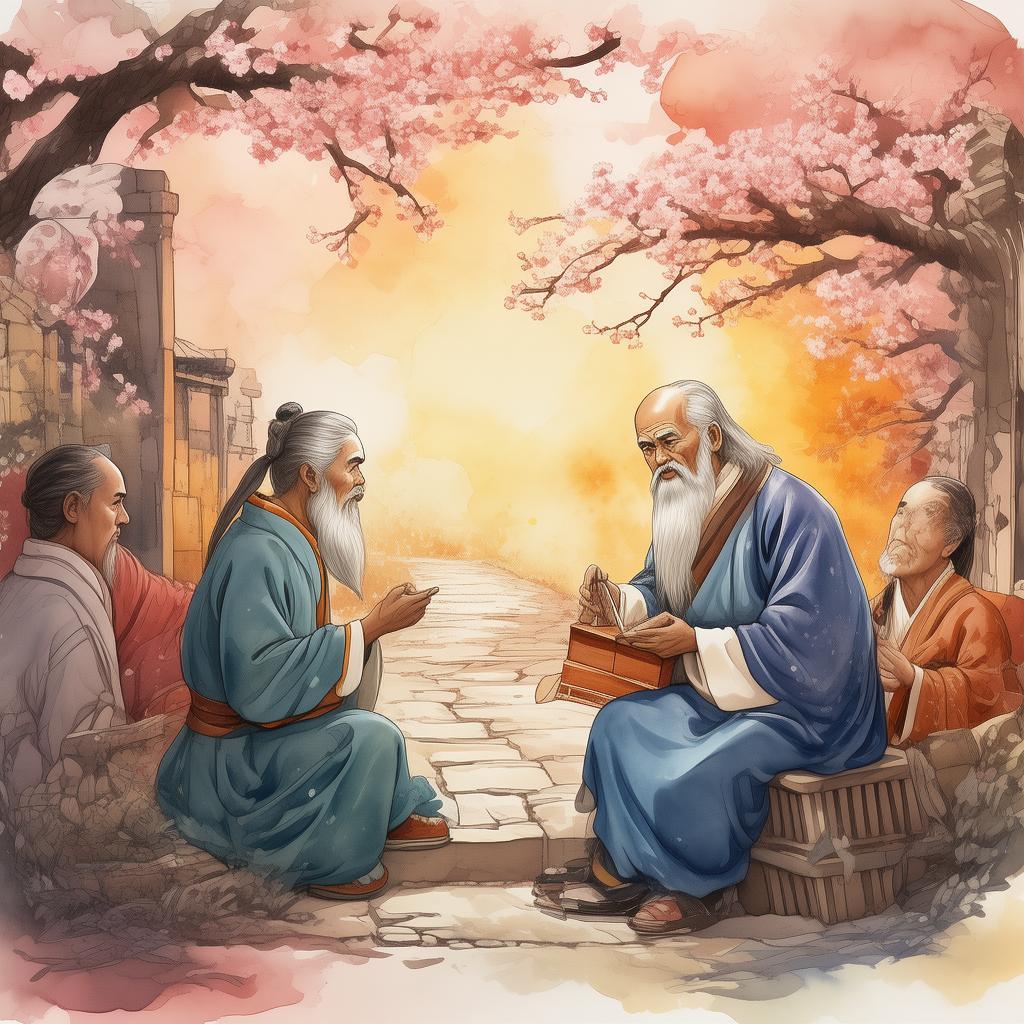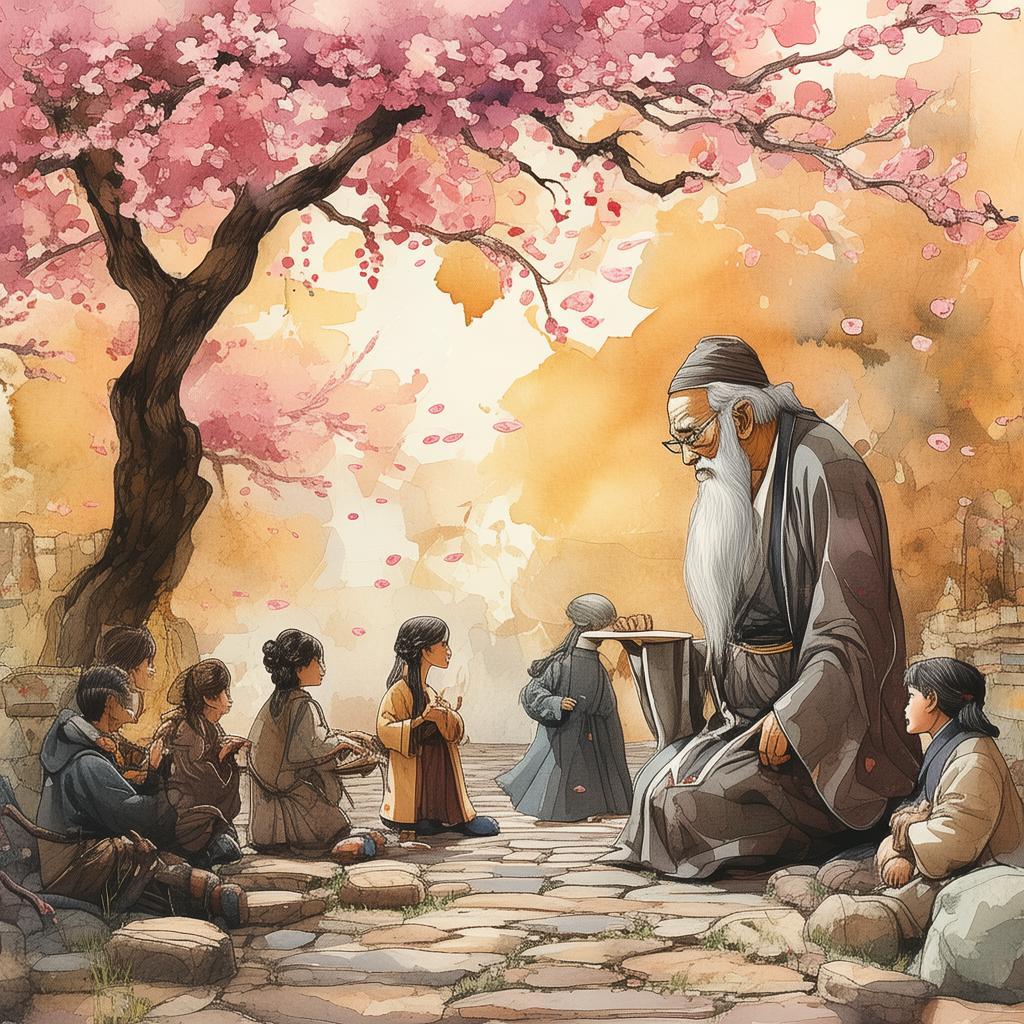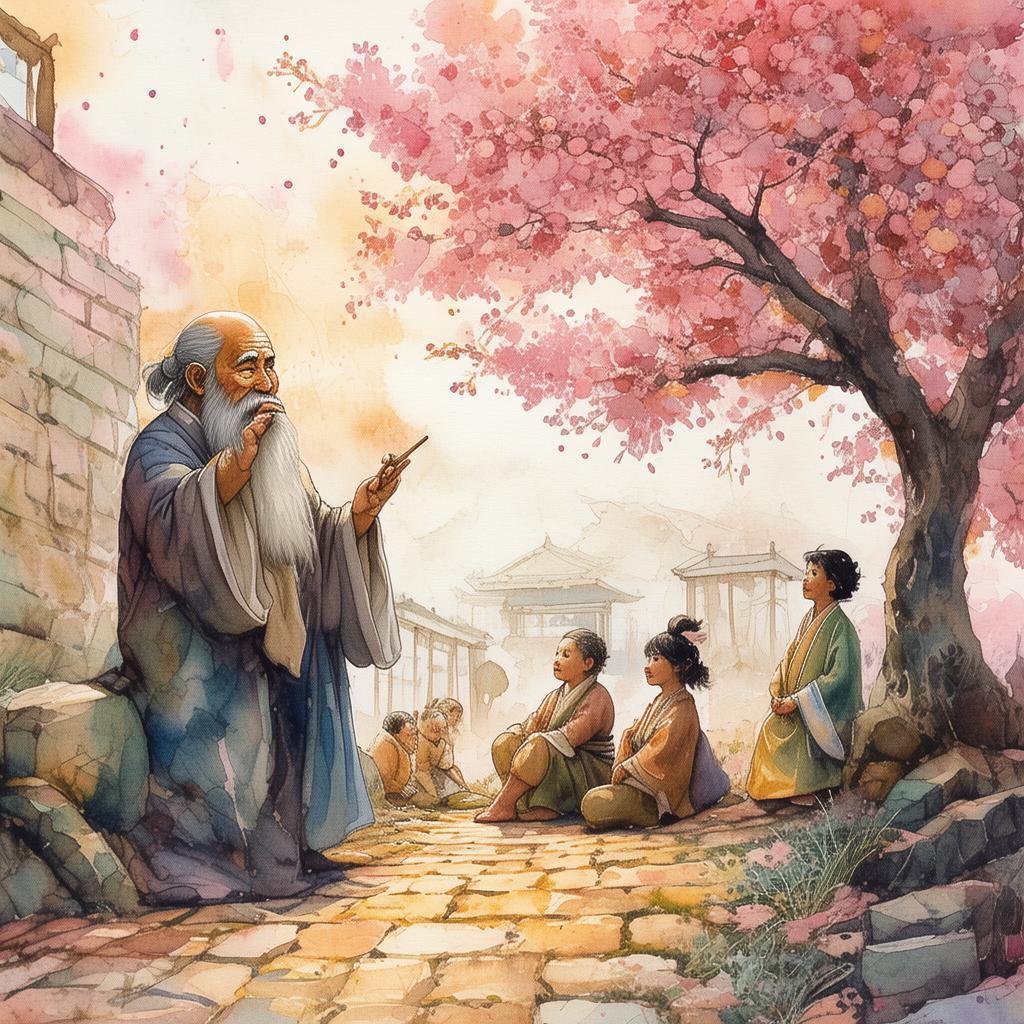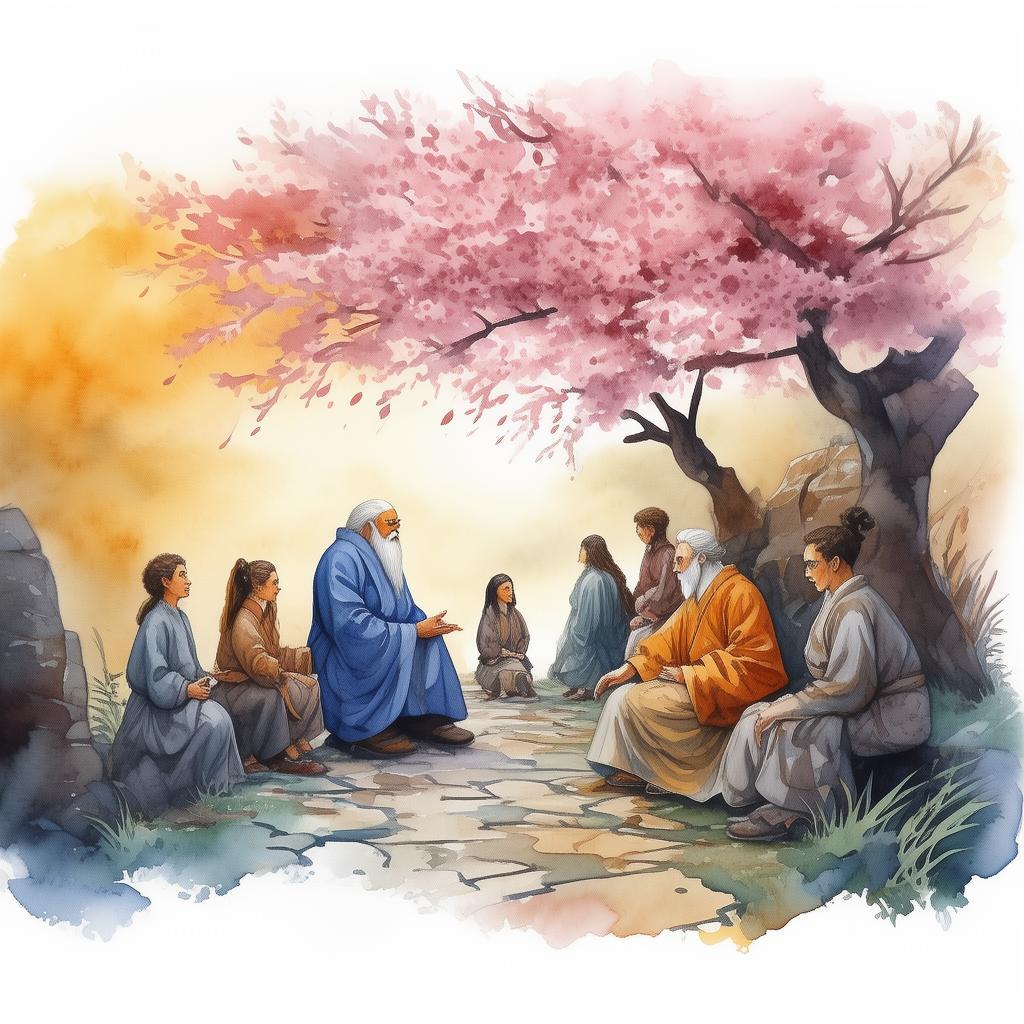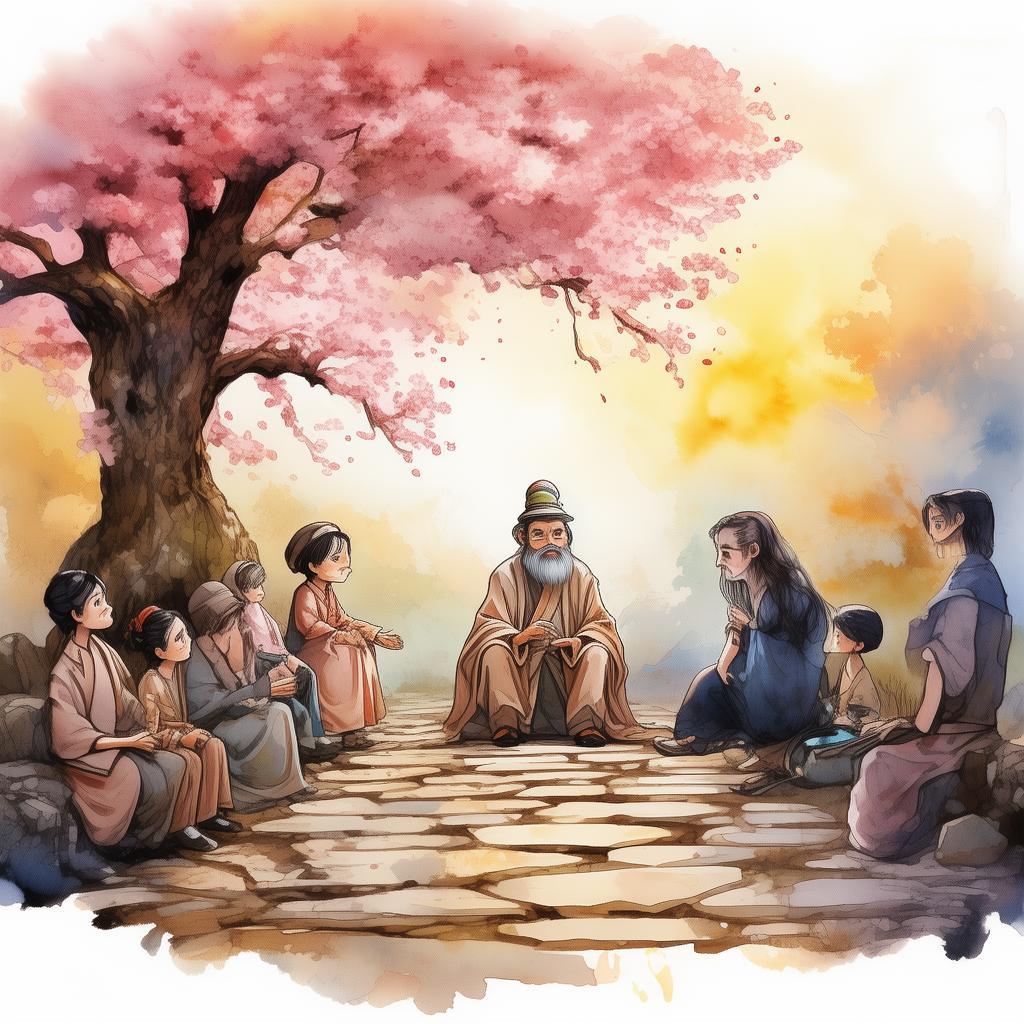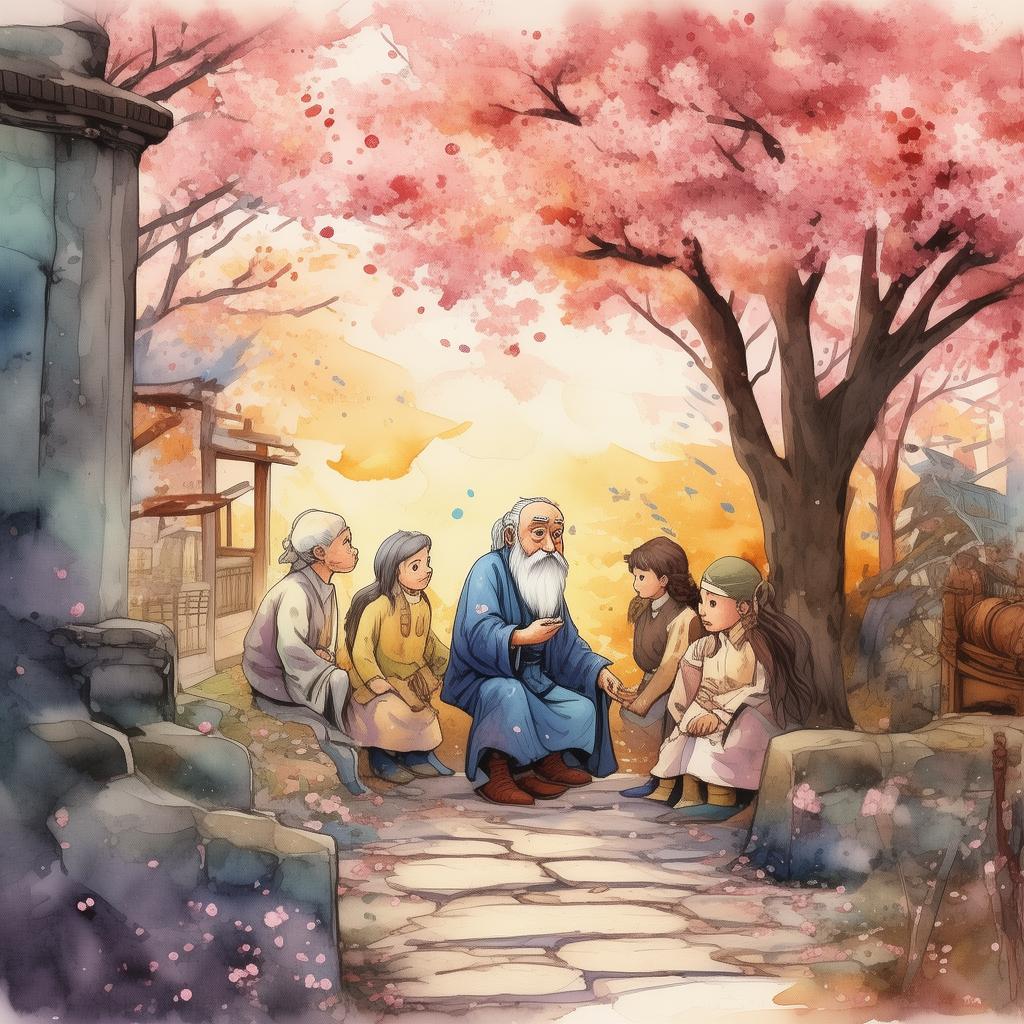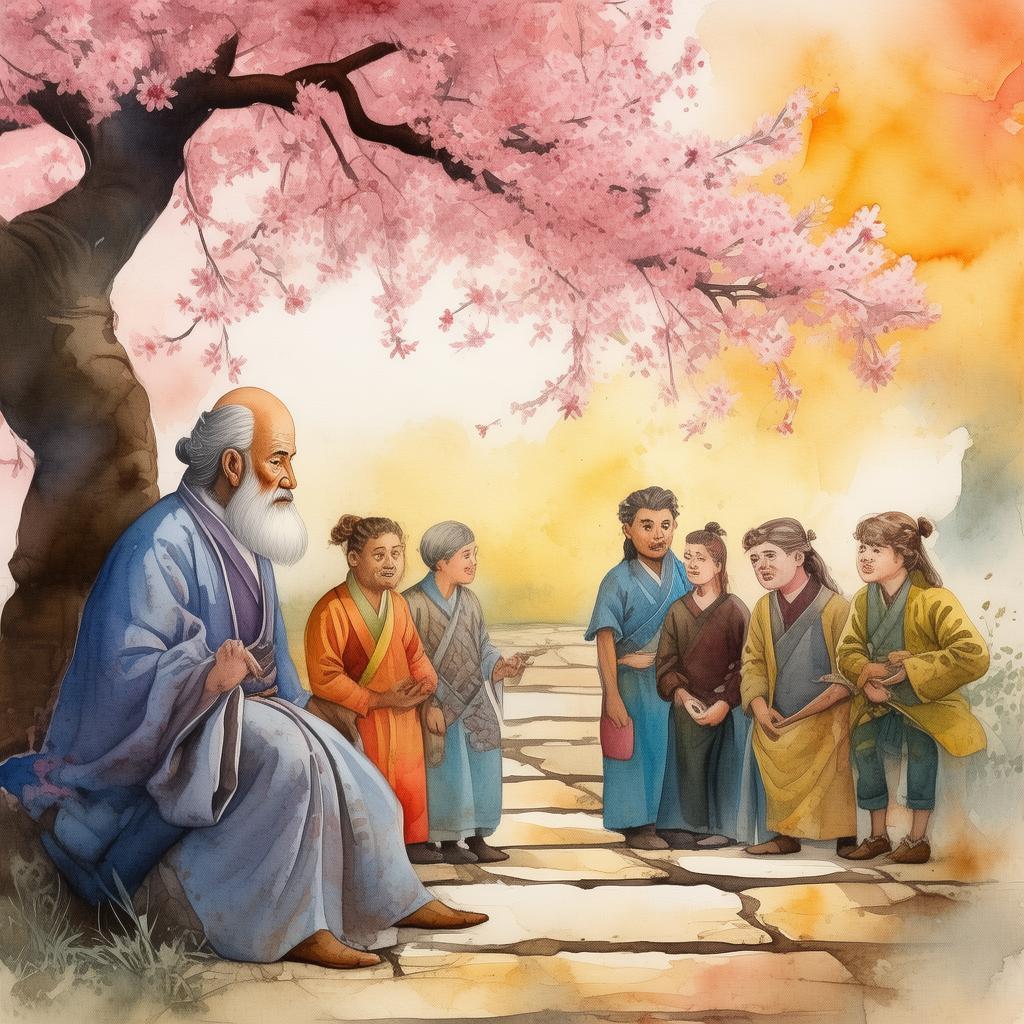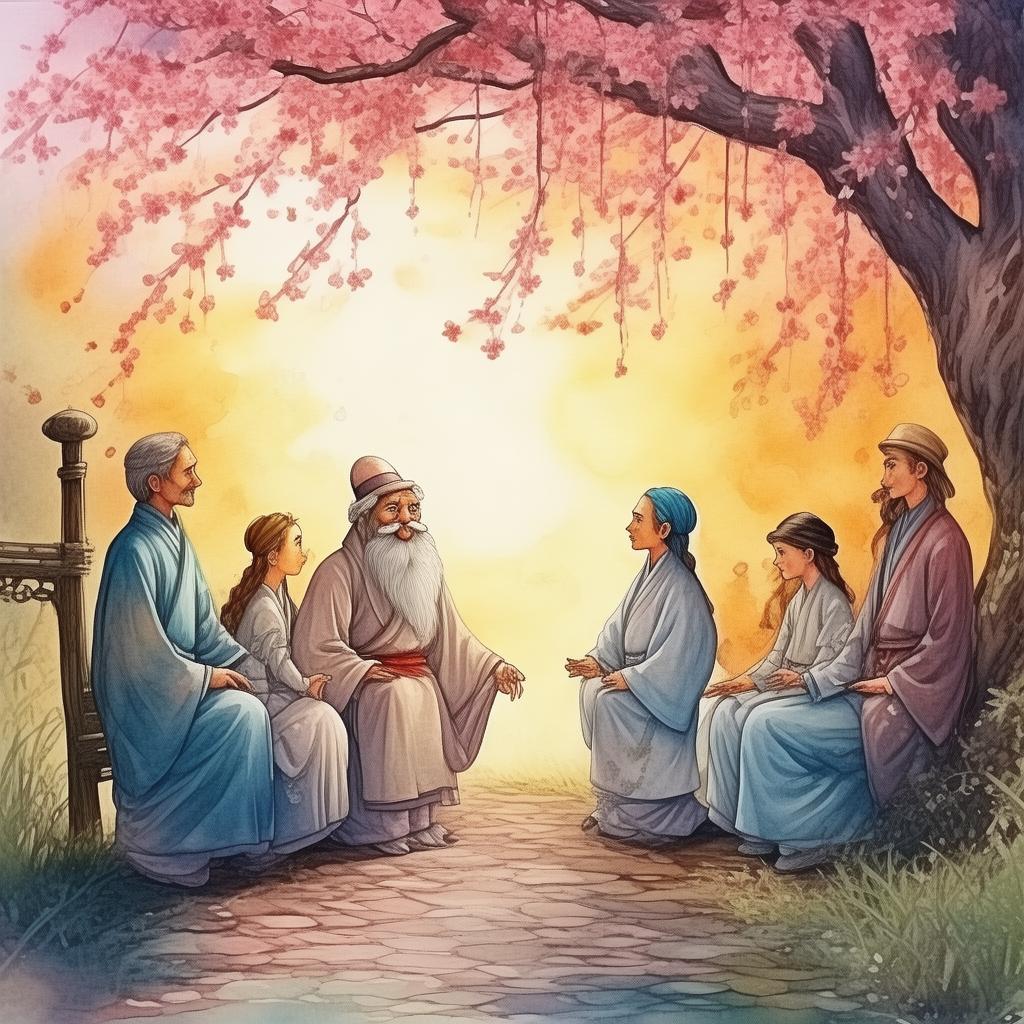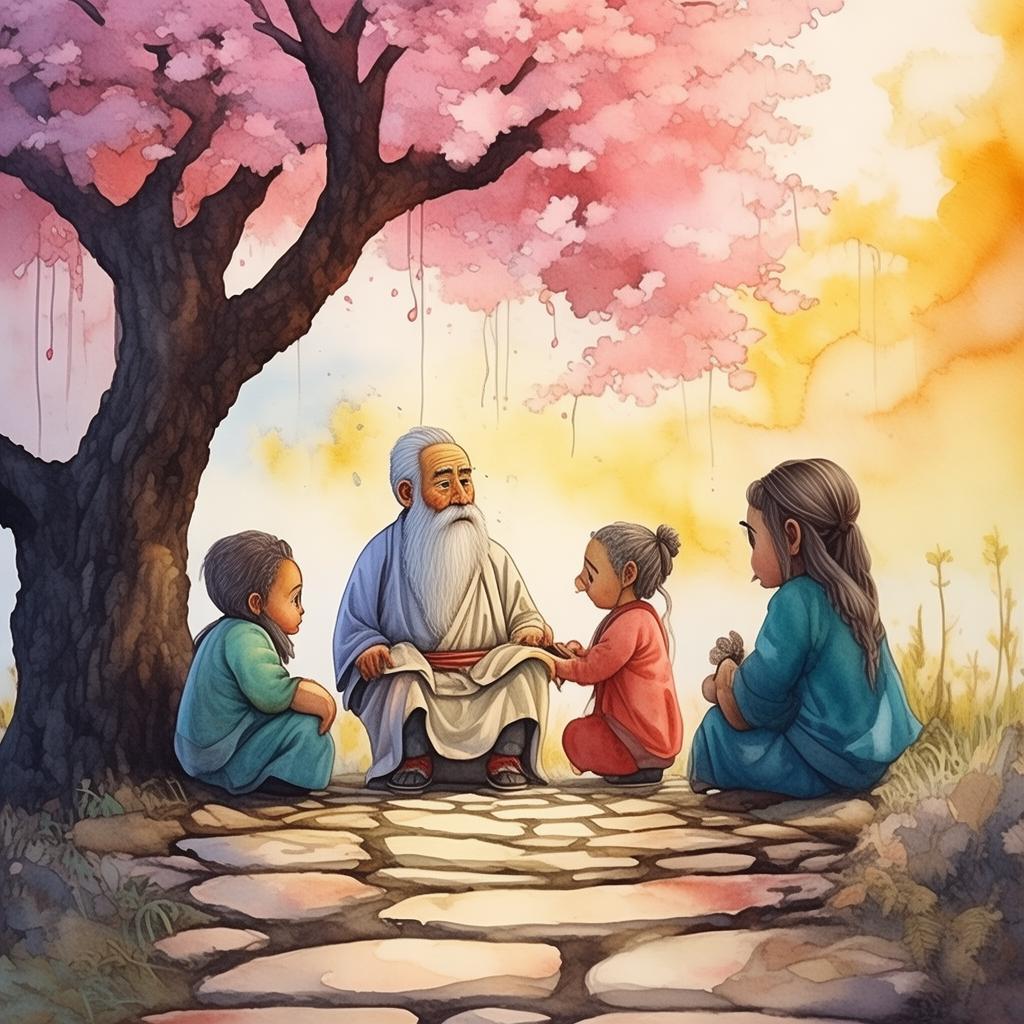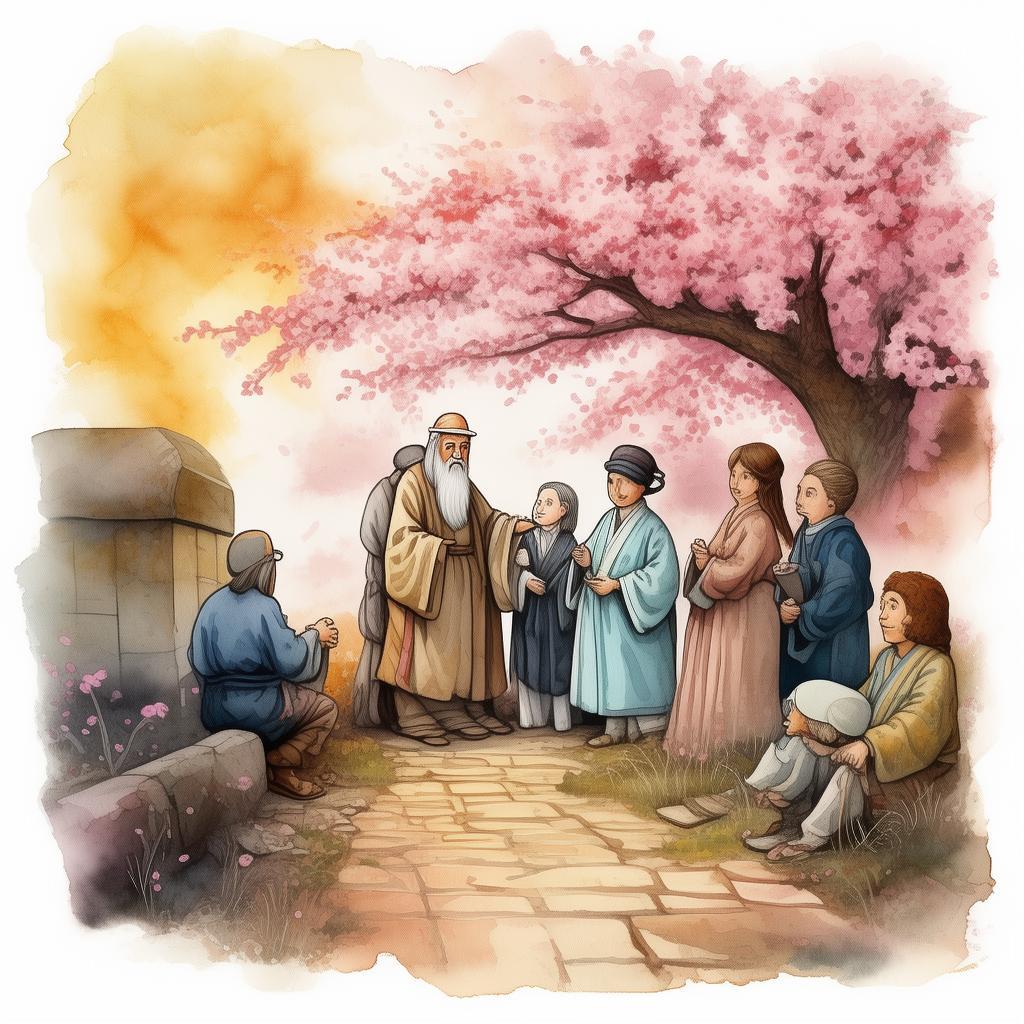The Enigma of the Mystic's Warehouse
In the heart of the bustling city of Lingzhou, there stood an ancient warehouse, its facade covered in ivy and its windows etched with cryptic symbols. It was said that the warehouse held wonders beyond imagination, as well as woe that could shatter the soul. The locals whispered tales of the Mystic's Warehouse, a place where the line between the tangible and the ethereal blurred.
Liu Wei, a young and ambitious treasure hunter, had heard the legends of the Mystic's Warehouse. Driven by curiosity and the promise of untold riches, he decided to venture inside. Armed with only his wits and a tattered map, Liu Wei stepped through the creaking doors, stepping into a world of wonders and woe.
The warehouse was a labyrinth of rooms, each filled with peculiar objects that seemed to defy the laws of nature. In one corner, there was a chest that sang a haunting melody when opened; in another, a mirror that revealed the soul's innermost fears. Liu Wei marveled at the wonders, but he was also haunted by the sense of foreboding that seemed to permeate the air.
As he explored deeper, Liu Wei discovered a hidden chamber behind a tapestry depicting a stormy night. Inside the chamber, he found an ancient book bound in leather and gold. The book contained a riddle that spoke of a treasure hidden within the warehouse, but it was guarded by a spirit of woe.
Determined to solve the riddle, Liu Wei spent days deciphering the cryptic clues. The book led him to a room filled with mirrors, each reflecting a different version of him. In one mirror, he saw himself as a young boy, holding a toy that he had lost many years ago. In another, he saw himself as an old man, his eyes filled with sorrow and regret.
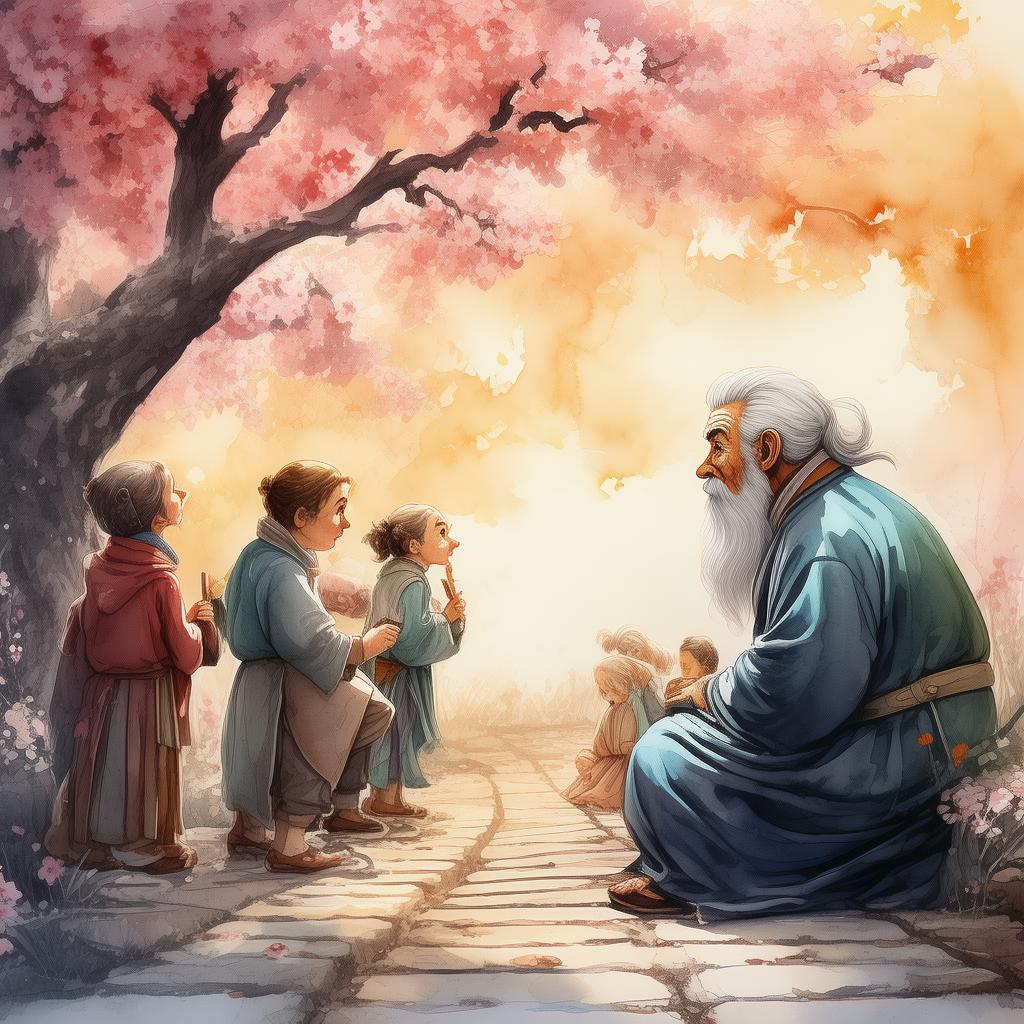
The spirit of woe, a figure cloaked in shadows, appeared before Liu Wei. "You seek the treasure, but you must first face your own woe," it hissed. Liu Wei realized that the treasure he sought was not material wealth, but the redemption of his past mistakes.
The spirit challenged Liu Wei to confront his regrets. In a series of trials, Liu Wei had to confront his past actions, making difficult choices that would determine his fate. He faced the boy he once was, the man he had become, and the man he could be.
The trials were arduous, and Liu Wei's resolve was tested. He encountered the ghost of his mentor, who had betrayed him years ago, and had to decide whether to forgive or seek revenge. He also had to confront his own fear of failure, which had driven him to seek the treasure in the first place.
As Liu Wei faced each trial, he learned valuable lessons about himself and the world around him. He realized that the true treasure was not the gold and jewels he sought, but the wisdom and growth he had gained through his trials.
In the end, Liu Wei emerged from the trials a changed man. He had faced his woe and found redemption. The spirit of woe, recognizing his transformation, allowed him to take the treasure, not of gold, but of knowledge and understanding.
With the ancient book in hand, Liu Wei left the Mystic's Warehouse, his heart lighter and his spirit renewed. He had uncovered the enigma of the warehouse, and in doing so, he had uncovered the enigma of himself.
The Enigma of the Mystic's Warehouse was not just a tale of treasure hunting; it was a story of self-discovery, redemption, and the enduring power of the human spirit. Liu Wei's journey had shown him that the true wonders of life were not to be found in material wealth, but in the journey itself.
✨ Original Statement ✨
All articles published on this website (including but not limited to text, images, videos, and other content) are original or authorized for reposting and are protected by relevant laws. Without the explicit written permission of this website, no individual or organization may copy, modify, repost, or use the content for commercial purposes.
If you need to quote or cooperate, please contact this site for authorization. We reserve the right to pursue legal responsibility for any unauthorized use.
Hereby declared.
